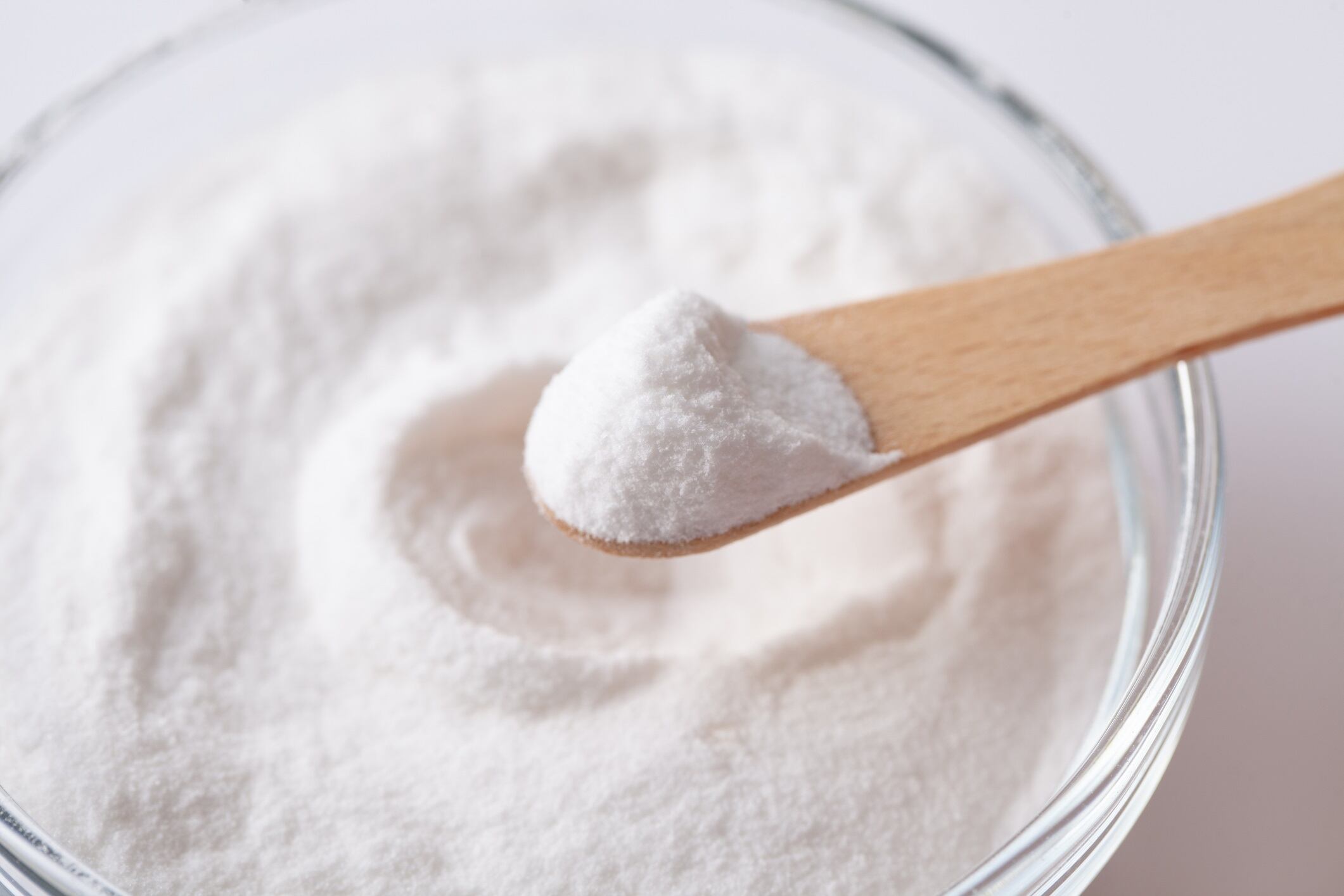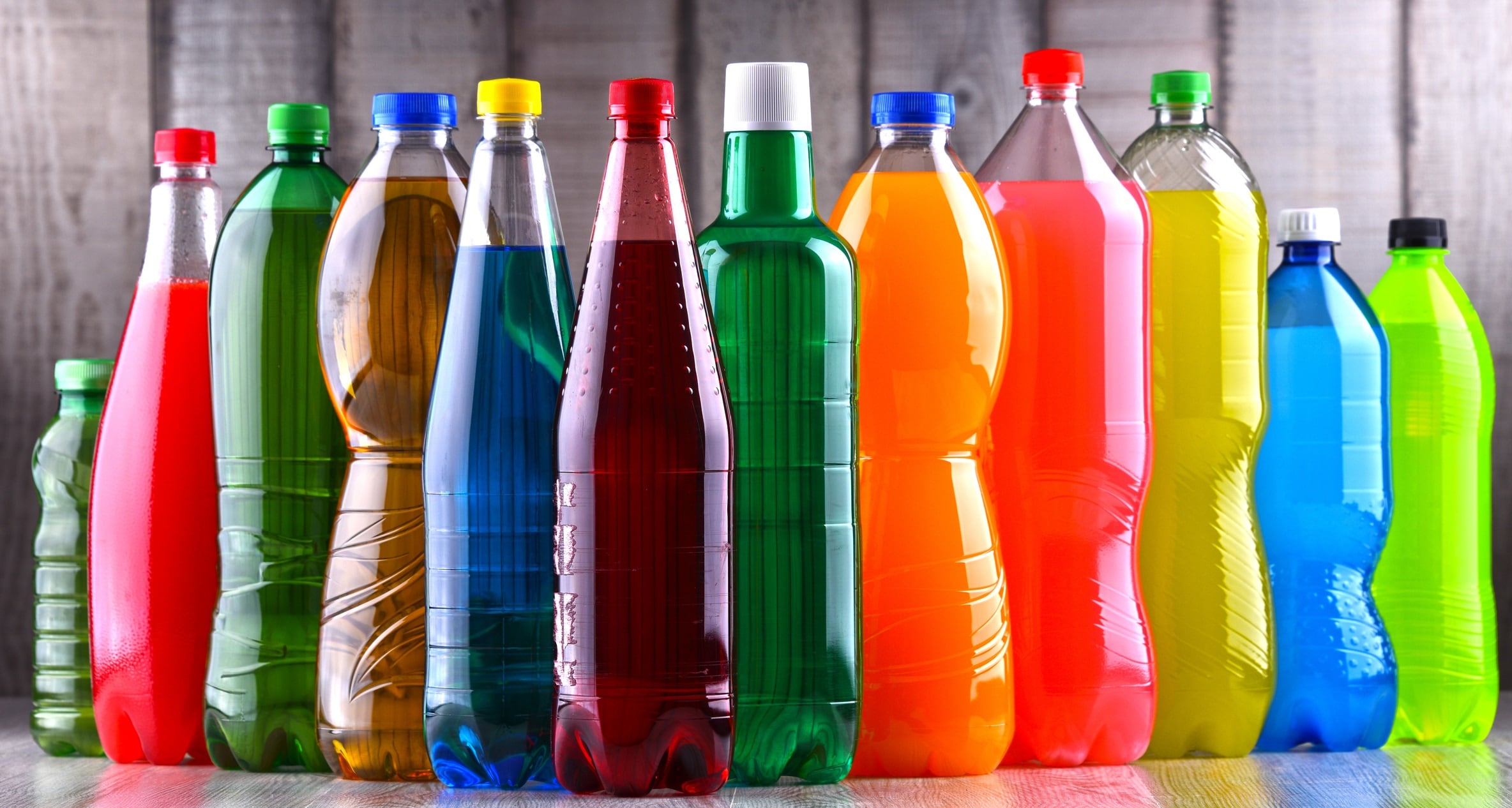Aspartame (E951) is used in over 6,000 food and beverage products (CCC), including Diet Coke, Fanta Zero and Wrigley’s sugar-free chewing gum.
But mounting concerns over the potential health implications of the widely-used sweetener are leading to increasing calls for a ban, with ingredient scanning app, Yuka, leading the latest charge.
“We want to empower the users to act and drive change to ban this high risk additive,” says Julie Chapon, co-founder of Yuka.
What is aspartame?
Aspartame is a low-calorie artificial sweetener, which is approximately 200 times sweeter than sugar. It is a white, odourless powder.
In Europe, aspartame is authorised to be used as a food additive to sweeten a variety of foods and beverages such as drinks, desserts, sweets, dairy products, chewing gum, low-calorie and weight control products, and as a table-top sweetener.
What are the health concerns surrounding aspartame?
Consumer concerns over the potential negative health impacts of aspartame are not new. In fact, calls for a ban began back in the 70s, following research from the University of Sussex linking aspartame consumption to a heightened risk of brain damage, liver and lung cancer, brain lesions and neuroendocrine disorders.
And continued concerns over the potential carcinogenic effects of aspartame led the World Health Organization to investigate the sweetener fully in 2023. The UN agency confirmed in a statement that it had found “limited evidence” to support the claims.
“IARC [International Agency for Research on Cancer] classified aspartame as possibly carcinogenic to humans (IARC Group 2B) and JECFA [Joint FAO/WHO Expert Committee on Food Additives] reaffirmed the acceptable daily intake of 40 mg/kg body weight,” said the WHO in a statement on 14 July 2023.
However, they added that the conversation was far from over and further research was required.
“The findings of limited evidence of carcinogenicity in humans and animals, and of limited mechanistic evidence on how carcinogenicity may occur, underscore the need for more research to refine our understanding on whether consumption of aspartame poses a carcinogenic hazard,” said Dr Mary Schubauer-Berigan of the IARC Monographs programme.
More recently, research conducted by the Karolinska Institute in Sweden found that aspartame triggers an insulin surge that contributes to arterial plaque build-up, inflammation, and could potentially lead to life-threatening cardiovascular issues.
By contrast, a 2020 study conducted by scientists at The University of Queensland in Australia, found aspartame actually increased the force of heart contractions and improved calcium handling. Though the team also observed that in large quantities aspartame could cause an arrhythmic, or irregular, heartbeat.

Will aspartame be banned?
Despite calls for a ban, governing bodies have been strong in their defence of aspartame, reinforcing the argument that it is safe for human consumption.
“The safety of aspartame (E951) was re-evaluated by the European Food Safety Authority in 2013, which concluded that aspartame and its breakdown products are safe for the general population (including infants, children and pregnant women),” said a European Commission Official, when approached for comment.
However, EFSA is in the process of re-evaluating the safety of two related sweeteners - the salt of aspartame-acesulfame (E962) and neotame (E961).
The salt of aspartame-acesulfame (E962) is a mixture of the two sweeteners - aspartame (E951) and acesulfame K (E950). Neotame (E961) is a chemically related substance manufactured from aspartame.
The UK’s Food and Drink Federation (FDF) weighed in on the debate, stating the sector conforms to the highest safety standards.
“The food and drink industry is highly regulated by the Food Standards Agency (FSA). It conducts thorough evidence reviews, carried out by independent scientific advisory committees, on the ingredients we use to ensure food remains safe to eat. The FSA determines the safety of all food additives, including sweeteners, which includes both the amount that can be used as well as which food and drinks can contain them.”
Though the FDF did leave the door open for potential changes in the future stating, “The FSA considers aspartame to be safe to consume within its regulated criteria. If any new and robust evidence amends the FSA’s assessment, industry would respond swiftly.”
The industry however remains confident that no such ban will be implemented.
“Given the continuous reassurance by food safety authorities about the safety of aspartame there is no reason to ban this ingredient,” says Laurent Oger, director general of the International Sweeteners Association (ISA).

What could aspartame ban mean for food and beverage industry?
It’s no exaggeration to say a ban on aspartame would be catastrophic for the food and beverage industry.
The costs involved in reformulating and re-labelling over 6,000 products would be enormous.
“Reformulating products can be a costly and challenging process for businesses, particularly smaller ones,” says a spokesperson for innovation agency, Nesta.
Added to that, the time it would take to reformulate and re-label these products would be immense and could take weeks, months or even years to complete.
Though it’s likely that if a ban were to be implemented, there would be a grace period to allow manufacturers to prepare and adjust. Moreover, industry would likely call on governments to support the change.
“By offering grants, the governments would alleviate some of the financial burden,” says Nesta.
Whether we’ll see a ban enforced on aspartame or not is yet to be seen. But as more organisations and consumer groups weigh in on the debate, health authorities like EFSA will need to do more to reassure consumers on the health outcomes of consuming sweeteners.



